Time Period: World War II through the Faubus Era (1941 - 1967) - Starting with C
Collier, Gilbert Georgie
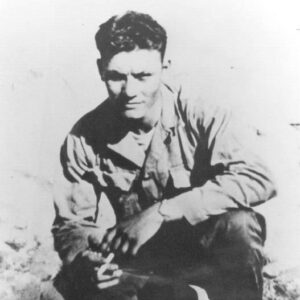 Gilbert Georgie Collier
Gilbert Georgie Collier
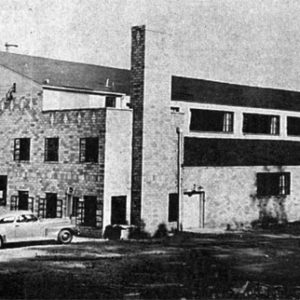 Colony House
Colony House
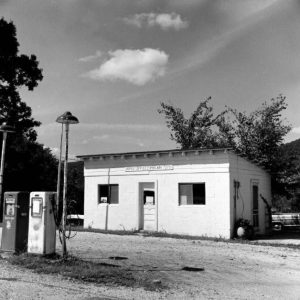 Combs Post Office
Combs Post Office
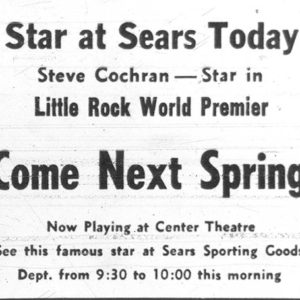 Come Next Spring Ad
Come Next Spring Ad
 Comic Book Ban Article
Comic Book Ban Article
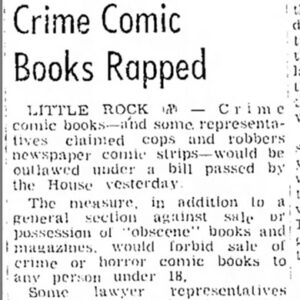 Comic Book Ban Article
Comic Book Ban Article
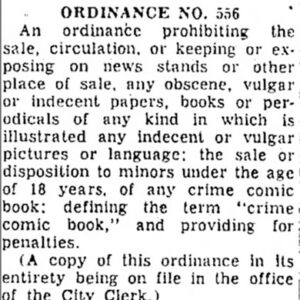 Comic Book Ban Article
Comic Book Ban Article
Committee on Negro Organizations (CNO)
Committee to Retain Our Segregated Schools (CROSS)
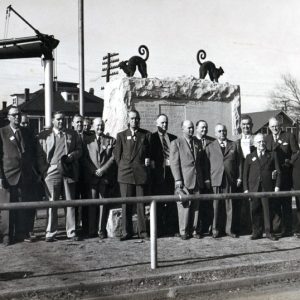 Concatenated Order of Hoo-Hoo
Concatenated Order of Hoo-Hoo
Confederate Flag Day
Congress of Racial Equality (CORE)
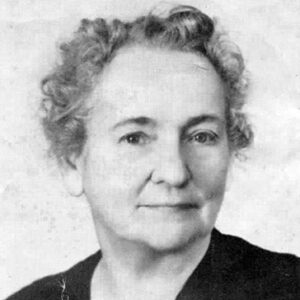 Laura Conner
Laura Conner
 Conway Street Scene
Conway Street Scene
 Conway Street Scene
Conway Street Scene
Cook, Everett Richard
Cook, Gilbert Richard
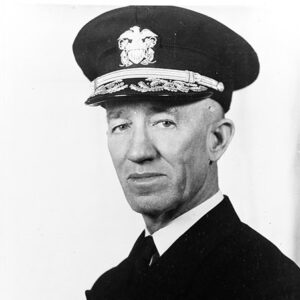 Charles Cooke
Charles Cooke
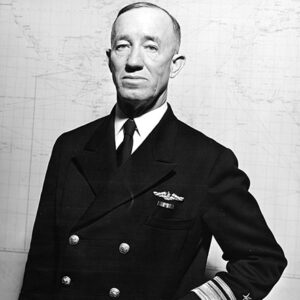 Charles Cooke
Charles Cooke
Cooper, John Alfred, Sr.
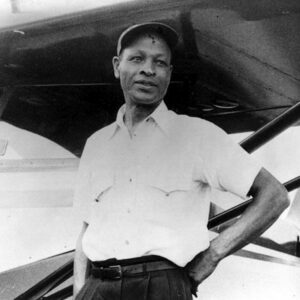 Cornelius Robinson Coffey
Cornelius Robinson Coffey
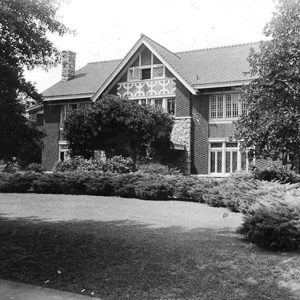 Cornish House
Cornish House
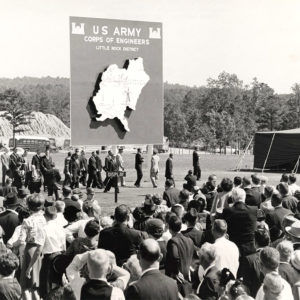 Corps of Engineers Sign
Corps of Engineers Sign
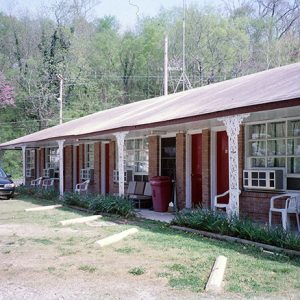 Cottage Courts Historic District
Cottage Courts Historic District
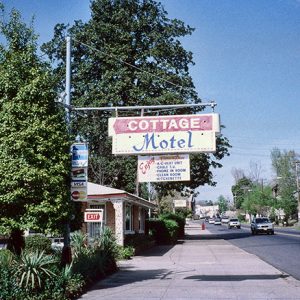 Cottage Courts Historic District
Cottage Courts Historic District
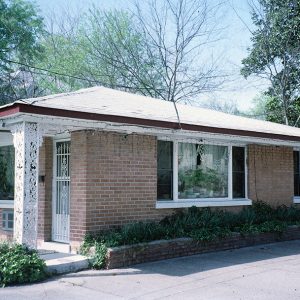 Cottage Courts Unit
Cottage Courts Unit
Cottage Courts Historic District
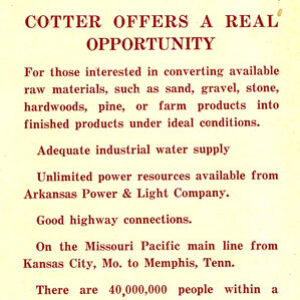 Cotter Pamphlet
Cotter Pamphlet
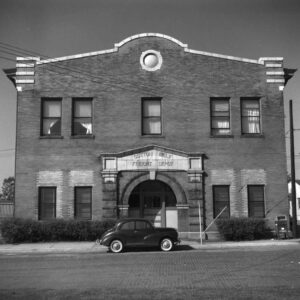 Cotton Belt Depot, North Little Rock
Cotton Belt Depot, North Little Rock
 Cotton Belt Railroad Engine
Cotton Belt Railroad Engine
Cotton in My Sack
 Cotton in My Sack
Cotton in My Sack
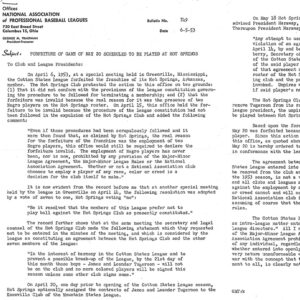 Cotton States League Memo
Cotton States League Memo
Cotton, Carolina
aka: Helen Hagstrom
Council on Community Affairs (COCA)
Counts, Will
aka: Ira Wilmer Counts
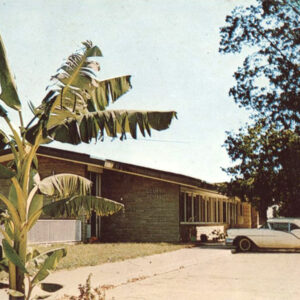 Coury House
Coury House
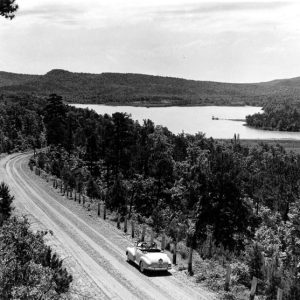 Cove Lake
Cove Lake
Cox, David Adrian (Dave)
 Young V. L. Cox
Young V. L. Cox
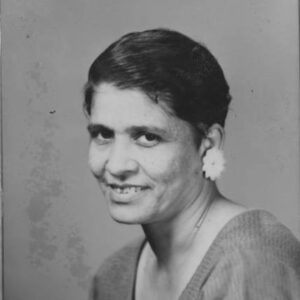 Annie M. Craft
Annie M. Craft
Craft, Clarence Byrle
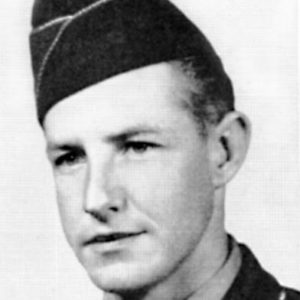 Clarence Byrle Craft
Clarence Byrle Craft
 Mary Craig and Karen Waldrip
Mary Craig and Karen Waldrip
Cramer, Floyd
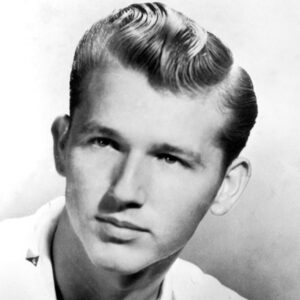 Floyd Cramer
Floyd Cramer
 Cranes
Cranes
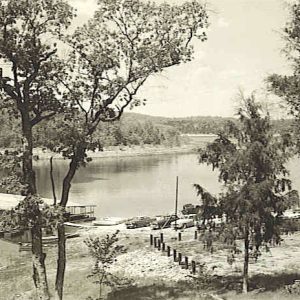 Cranfield Landing
Cranfield Landing




